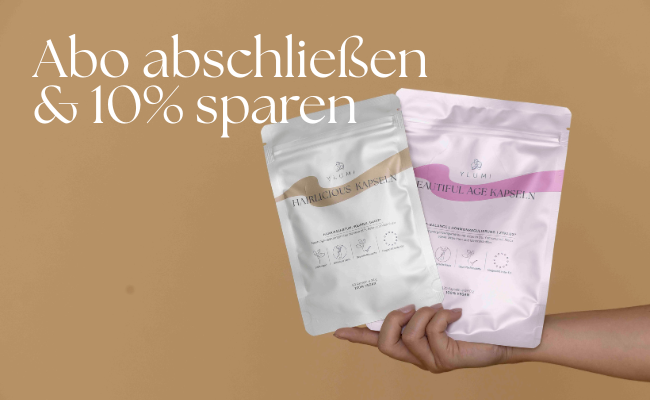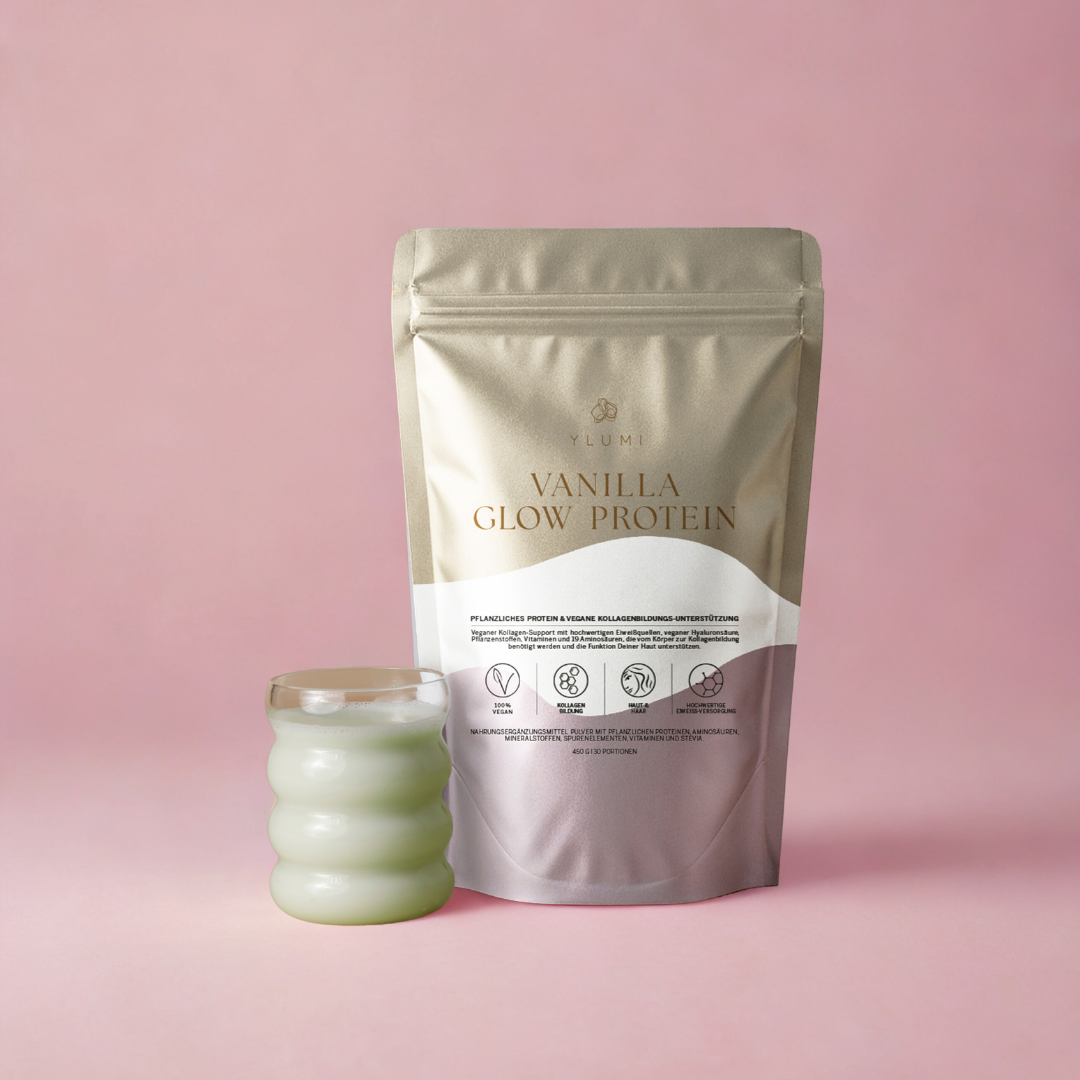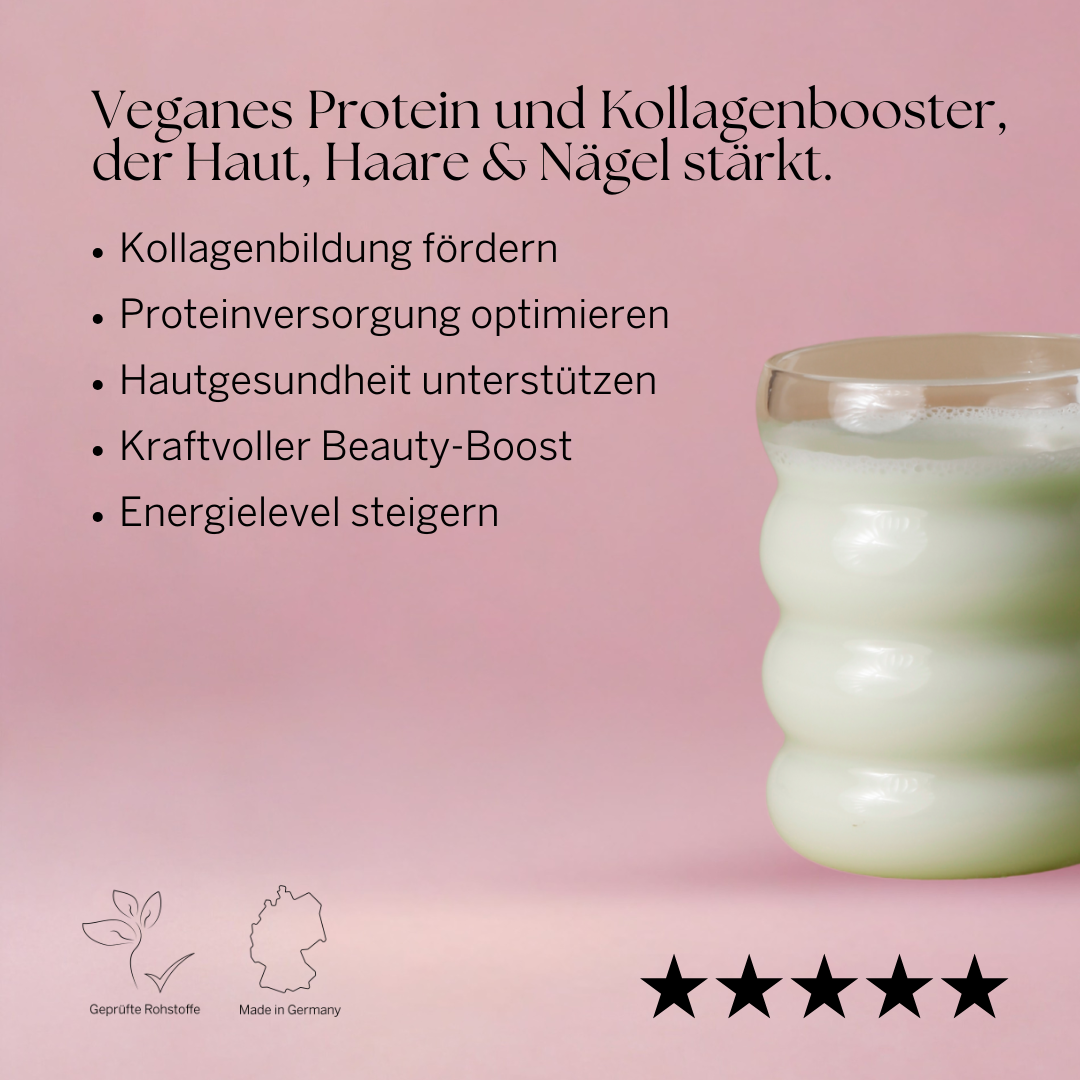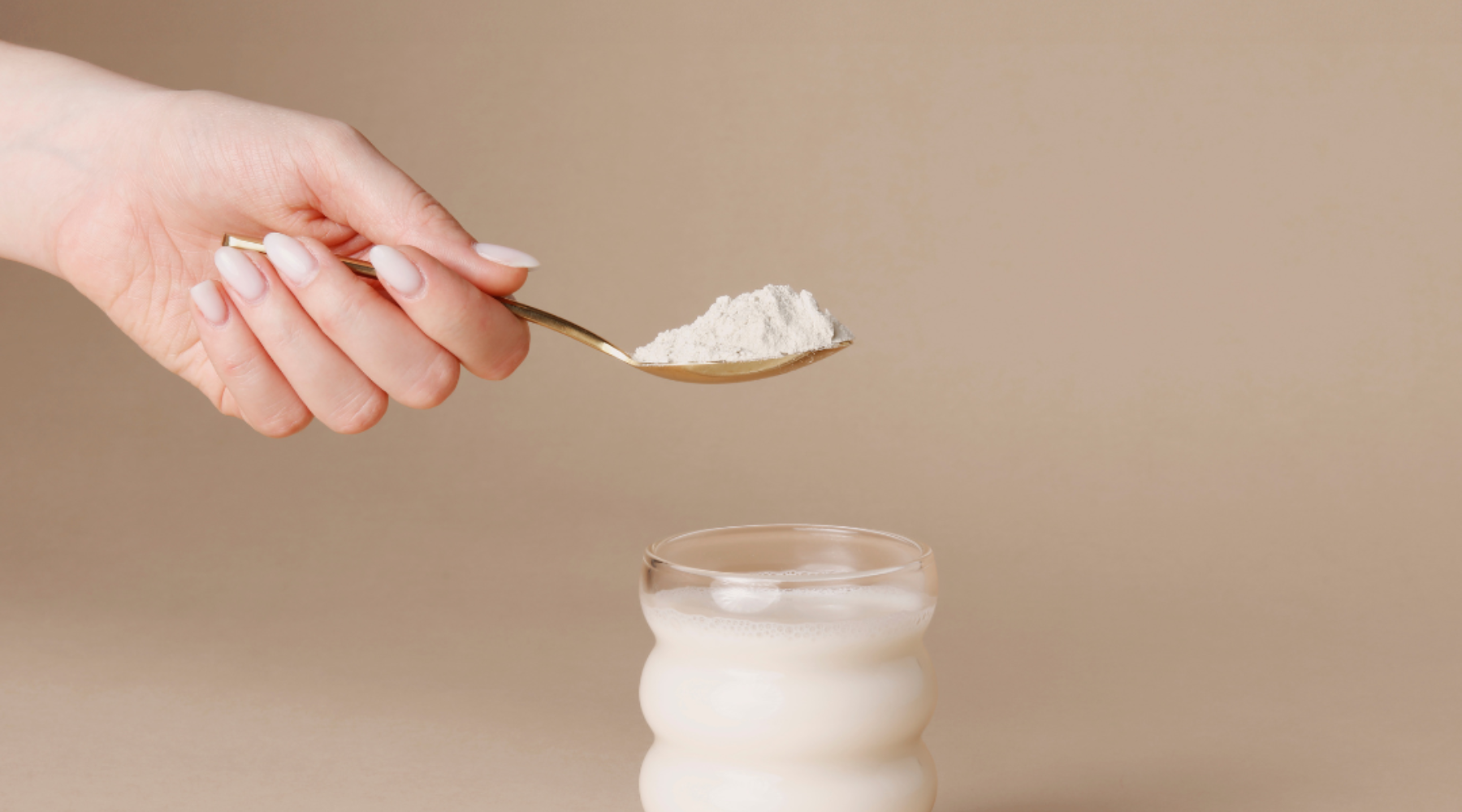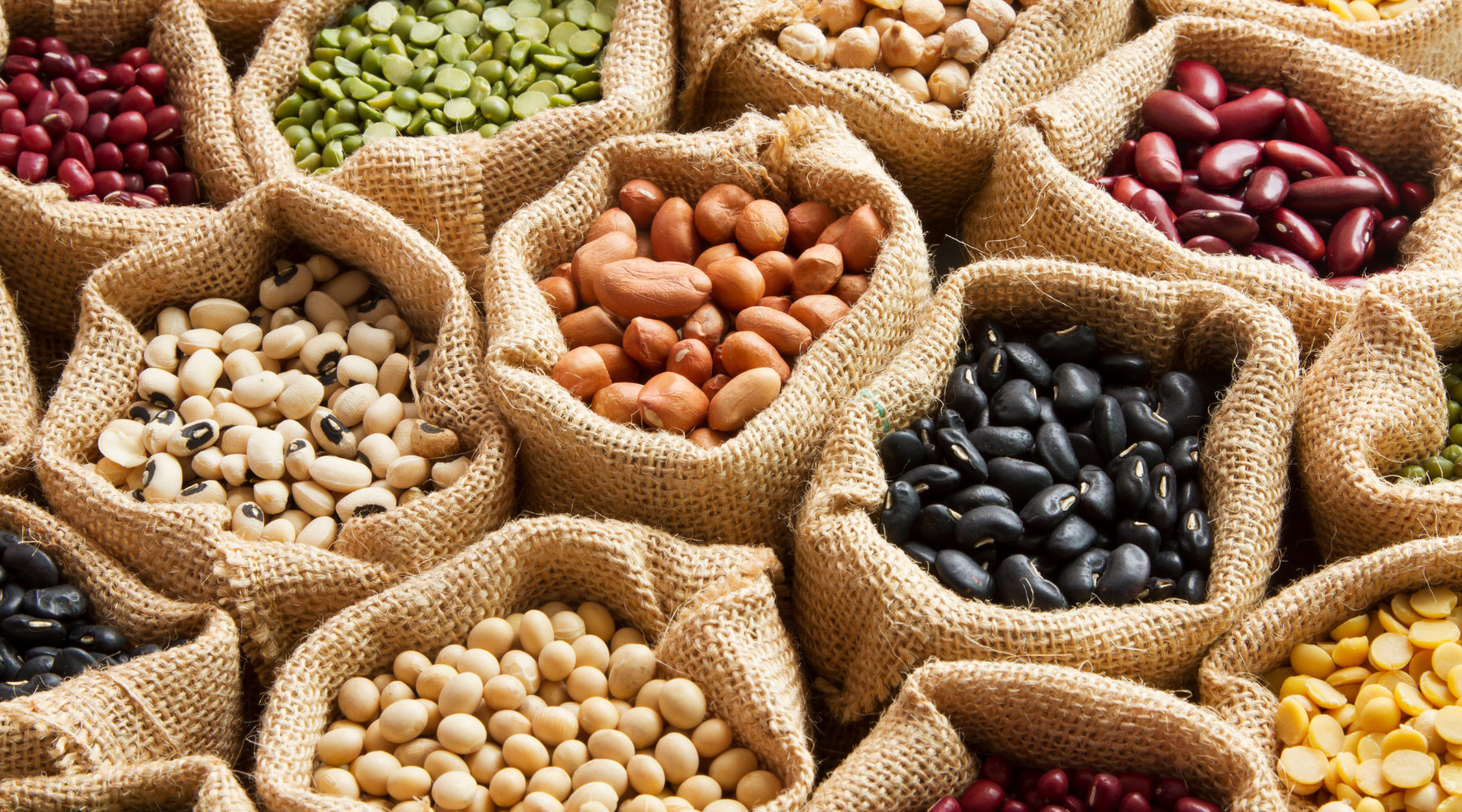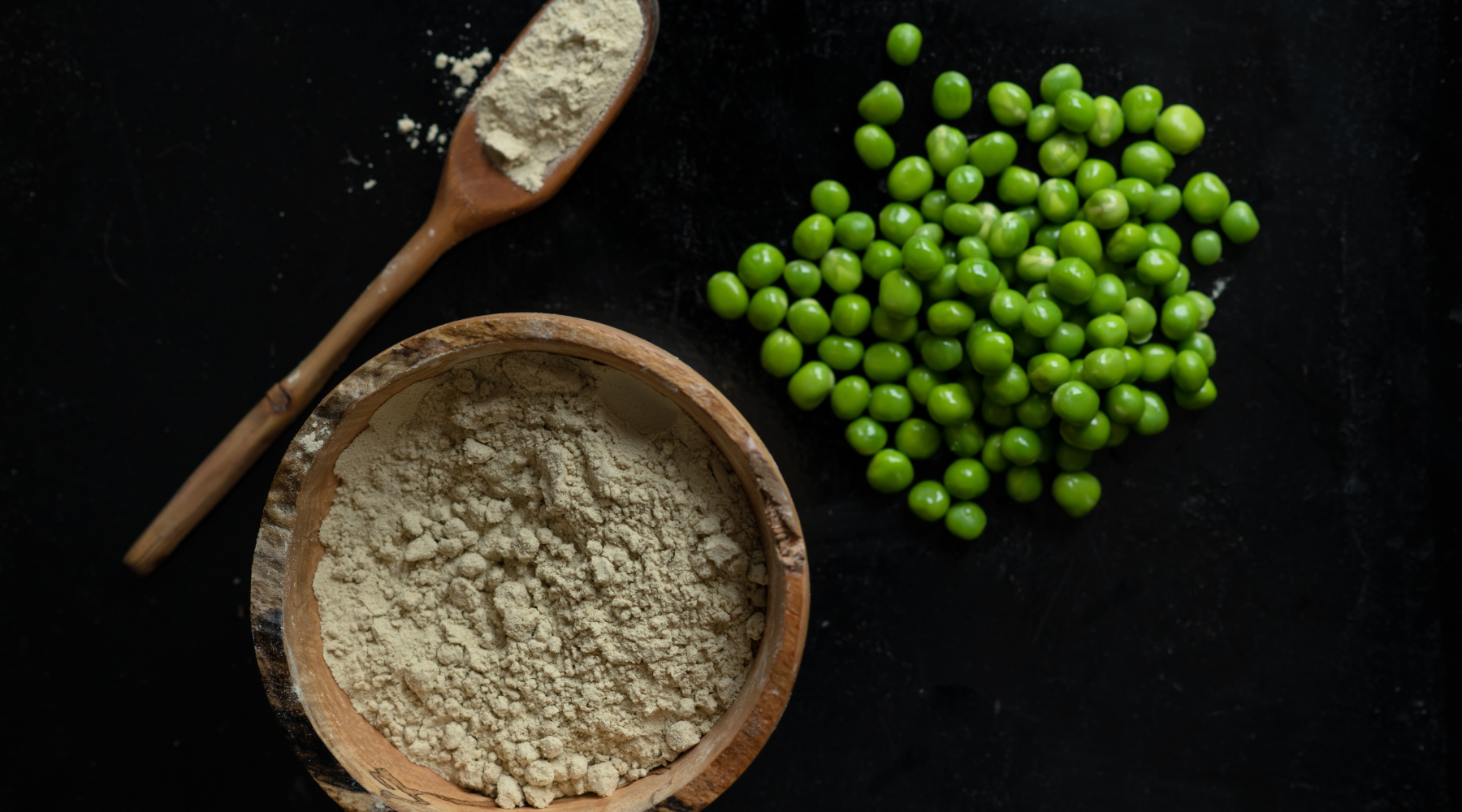
Vegan Protein: Why It Can Be the Better Choice
Protein is an essential nutrient that is vital for muscle building, recovery, the immune system, and many other bodily processes. However, especially with a vegan diet, doubts often arise as to whether adequate protein intake is possible. In this blog post, we dispel these misconceptions, highlight the benefits of vegan protein, and explain how important protein intake is in a vegetarian or vegan diet.
Preconceptions about vegan protein – and why they aren’t true
1. “Vegan protein is of poor quality”
Many people believe that plant-based protein is not as high-quality as animal-based protein because it is often considered "incomplete." It's true that individual plant-based protein sources sometimes don't contain all nine essential amino acids in sufficient quantities. However, by combining different plant-based proteins—such as rice and beans, or oatmeal with nuts—you get a complete amino acid profile. Studies show that vegan protein sources can meet the body's needs just as well as animal-based ones.
2. “Vegans can’t get enough protein”
This misconception is widespread, but unfounded. Pulses (e.g., lentils, chickpeas), soy products (e.g., tofu, tempeh, edamame), whole grains, nuts, and seeds are excellent sources of protein. High-quality vegan protein powders made from peas, rice, hemp, or soy are also available, offering an easy way to increase protein intake. With a balanced diet, it's easy to achieve your recommended protein intake.
3. “Vegan protein is not good for building muscle”
The fitness world is often skeptical about vegan protein. Studies show that plant-based proteins like pea or soy protein can support muscle growth just as well as whey protein, provided the total protein intake is correct. For athletes with increased protein needs, vegan protein powders can be a practical addition.
Benefits of vegan protein
1. Protecting the environment
The production of plant-based proteins requires less water, land, and energy and emits fewer greenhouse gases than the production of animal proteins. Choosing vegan protein is actively contributing to environmental protection.
2. Free of cholesterol and often low in fat
Plant proteins contain no cholesterol and are often lower in fat than animal products. This can have a positive effect on heart health.
3. Allergy-friendly alternatives
Vegan protein from rice, peas or hemp is often hypoallergenic and therefore a good option for people with lactose intolerance or allergies to milk protein.
4. Rich in fiber
Many vegan protein sources, such as legumes or quinoa, are also rich in fiber. This promotes digestion, ensures a longer feeling of satiety, and supports intestinal health.
How important is protein intake in a vegetarian and vegan diet?
Proteins are a basic building block of the body, and adequate intake is essential, even in vegetarian and vegan diets. The German Nutrition Society (DGE) recommends a daily protein intake of approximately 0.8 grams per kilogram of body weight for adults. Athletes and older people may need higher amounts.
A vegan diet requires awareness of where protein comes from, but with a varied diet, it's easily possible to meet your needs. Combining foods—for example, lentils with rice or hummus with whole-grain bread—ensures that your body receives all the essential amino acids.
Conclusion
Prejudices about vegan protein persist, but they are often based on misunderstandings. A vegan diet can not only meet protein needs but also offers health and environmental benefits. With careful planning, combining different foods, and, if necessary, using plant-based protein powders, nothing stands in the way of optimal nutrition.
The best part: If you choose vegan protein, you're not only doing something good for yourself, but you're also contributing to a more sustainable future.


